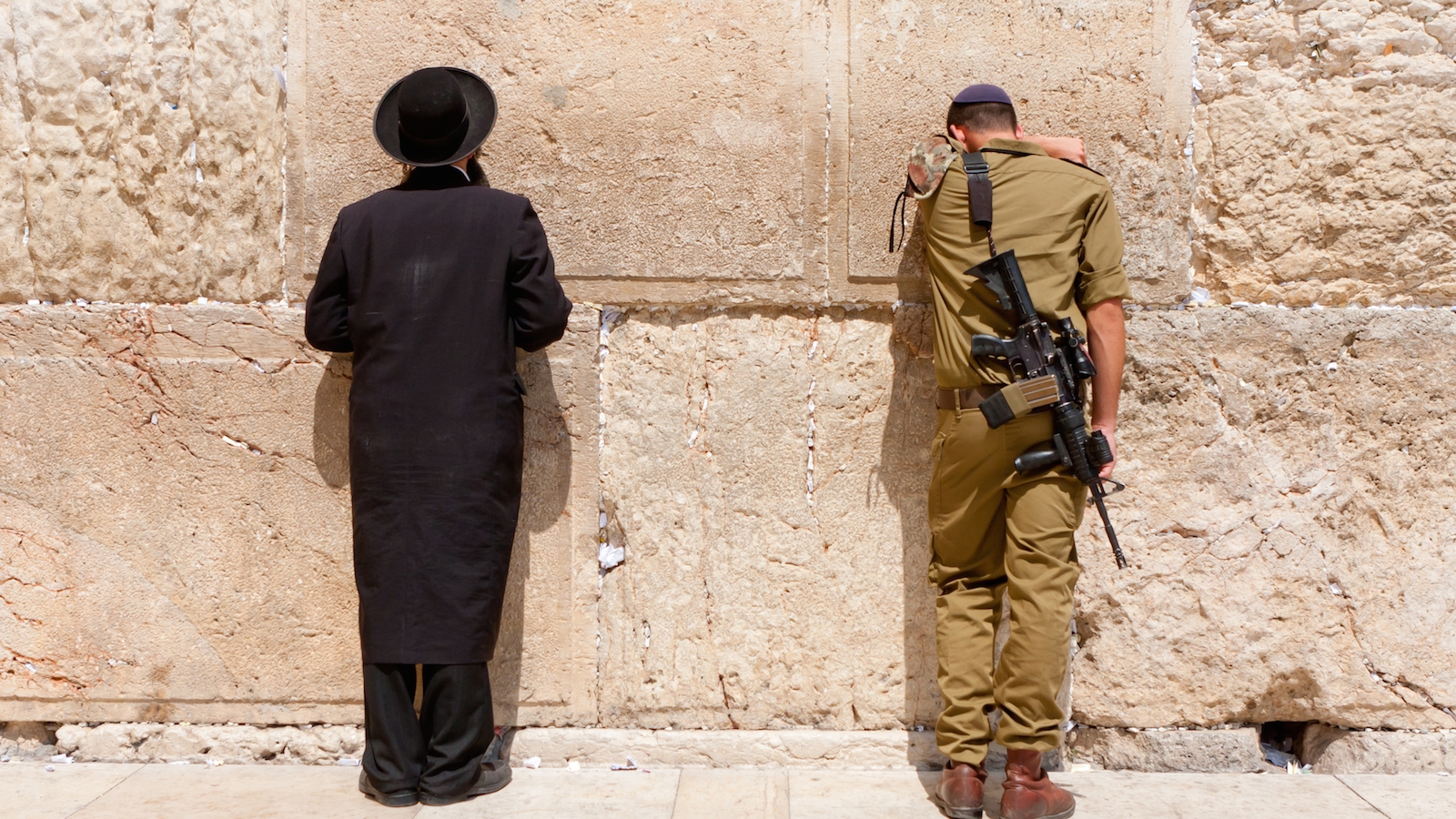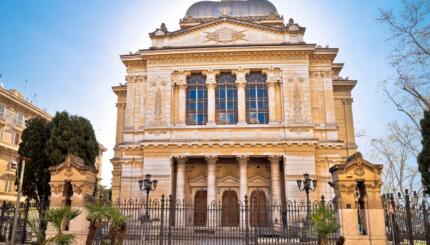There are numerous religious differences among Israel’s Jews, with Jews defining themselves as ultra-Orthodox (“haredim“), Modern Orthodox (“dati-leumi“), traditional (“masorati“), and secular (“hiloni“). There are tensions between the religious and secular sectors of Israeli society: Secular Jews resent the control that the rabbinic establishment has over some aspects of their lives, and many ultra-Orthodox Jews believe the country’s laws should reflect a greater affinity for Jewish tradition and law.
In addition, non-Jewish religions, particularly Christianity and Islam, are recognized by and receive funding from the Israeli government. The Christian community makes up 2.1 percent of the Israeli population while the Muslim community makes up 15 percent of the population. Israeli law allows for freedom of religious expression, hence these communities worship freely and are protected in this basic human right. These religious communities are autonomously governed by their respective religious leaders, although in recent times the Israeli government has had to mediate between Christian and Muslim communities in Israel. Other religions, of course, are also represented in multi-cultural Israel; the Bahai’s, for instance, maintain their international headquarters in the port city of Haifa.
Israel’s educational system reflects Israel’s religious and ethnic diversity, and so there are many different school systems catering to different populations. For example, there is a school system for the Arab population where the language of instruction is Arabic; a school system for the ultra-Orthodox where the language of instruction is Yiddish and at times modern Hebrew; a school system for the modern Orthodox where the language of instruction is Hebrew and religious studies are included in the curriculum; and a school system that caters to secular Israelis where Hebrew is the language of instruction and Jewish studies–including Bible–are studied in a cultural rather than a religious framework. In addition, an alternative school system, called the Tali Schools, strikes a middle-ground between the state-secular and state-religious schools, and experimental schools bring secular and religious Israeli Jews–as well as Arabs and Jews–together.
After completing their high school studies, Israeli Jews, male Israeli Druze, and some male Israeli Bedouin serve two to three years of compulsory service in the Israeli Defense Forces (IDF).

Help us keep Jewish knowledge accessible to millions of people around the world.
Your donation to My Jewish Learning fuels endless journeys of Jewish discovery. With your help, My Jewish Learning can continue to provide nonstop opportunities for learning, connection and growth.



